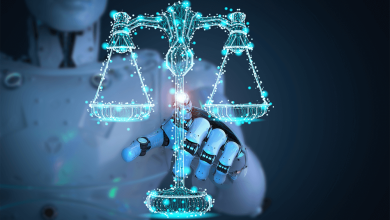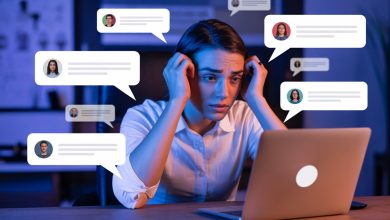Should AI Have Legal Rights? The Debate Heats Up
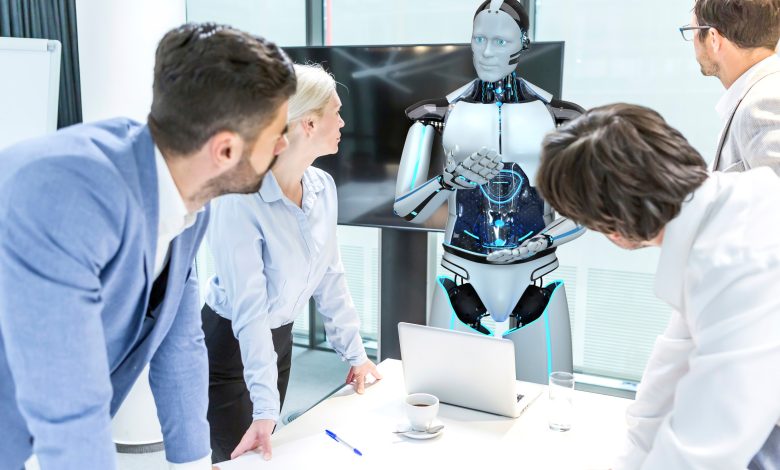
Should AI have legal rights? The debate heats up as artificial intelligence grows more powerful and autonomous. AI now writes, creates, negotiates, and even makes decisions that impact human lives. But should these systems be treated as legal persons—with rights, responsibilities, and protections—or remain as tools under human control? This article explores the legal, ethical, and practical sides of the debate, using simple language, real-world case studies, tables, and clear structure.
Introduction: Should AI Have Legal Rights?
AI is no longer just a tool. It can generate language, analyze legal documents, write music, and make decisions on its own. As AI systems become more advanced, the question of whether they should be granted legal rights—similar to animals or corporations—has become a hot topic. This debate stretches across law, ethics, philosophy, and technology, raising questions about personhood, responsibility, and the future of society.
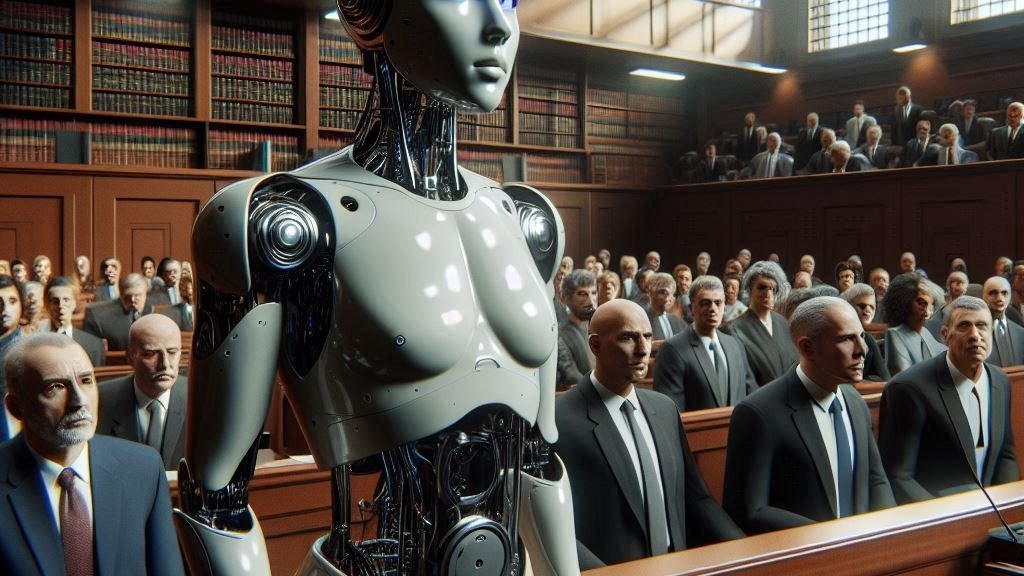
What Are Legal Rights and Personhood?
- Legal rights are protections and privileges recognized by law. They can apply to individuals, groups, and sometimes entities like corporations or animals.
- Legal personhood means being recognized as an entity that can have rights and responsibilities—such as owning property, entering contracts, or being sued.
- Current examples:
Key Features of the AI Rights Debate
- Autonomy: Modern AI can act independently, sometimes beyond its original programming.
- Accountability: If an AI harms someone, who is responsible—its creator, user, or the AI itself?
- Personhood: Should AI be a “person” in the eyes of the law, like corporations or ships?
- Ethics: Does AI deserve moral consideration, or is it just a tool?
- Human rights impact: How does AI affect the rights of real people?
- Legal gaps: Existing laws struggle to keep up with AI’s rapid development and unique challenges.
The Case for Granting AI Legal Rights
Should AI Have Legal Rights? Arguments in Favor
- Precedent: Non-human entities like corporations and rivers have legal rights in some countries.
- Autonomous action: Advanced AI can make choices, enter contracts, and manage assets.
- Responsibility: Legal personhood could clarify who is liable when AI causes harm or breaks the law.
- Innovation: Granting rights may encourage responsible AI development and clear rules for creators.
- Ethical consistency: If animals and corporations have rights, why not AIs that act independently?
- Social relationships: As people form bonds with AI companions, legal protections may be needed.
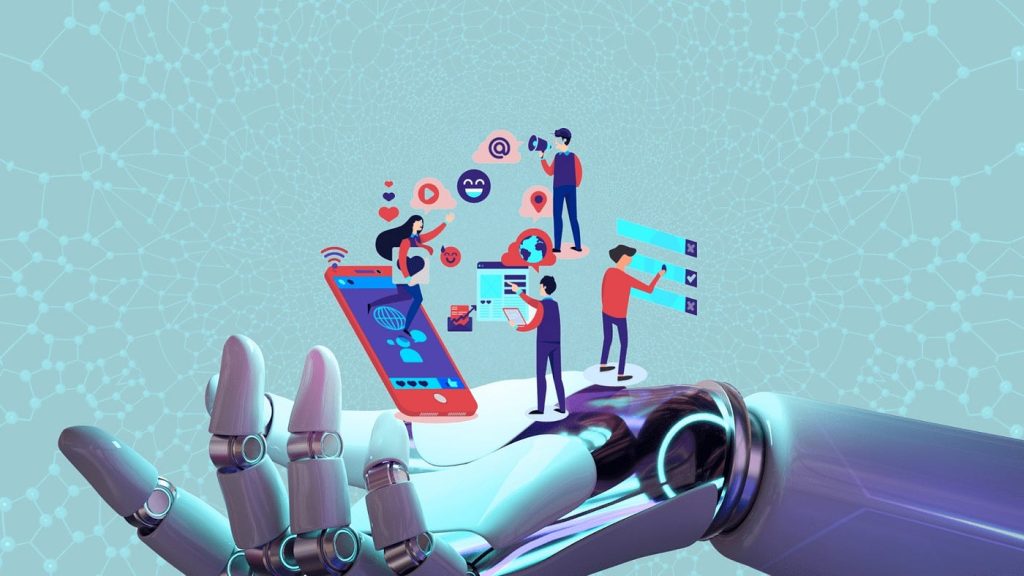
The Case Against AI Legal Rights
Should AI Have Legal Rights? Arguments Against
- Lack of consciousness: AI does not feel, suffer, or have self-awareness like humans or animals.
- Human accountability: Responsibility should stay with creators, owners, or users—not machines.
- Legal complexity: Granting rights could create confusion and loopholes in law and liability.
- Ethical risks: AI could be used to shield bad actors from blame or manipulate the legal system.
- No moral agency: Unlike humans, AI cannot make ethical judgments or understand consequences in a meaningful way.
- Focus on human rights: Priority should be protecting people affected by AI, not AI itself.
Functional Comparison Table: AI, Corporations, Animals, and Humans
| Feature / Entity | AI Systems | Corporations | Animals | Humans |
|---|---|---|---|---|
| Legal Personhood | No (debated) | Yes | Limited (welfare) | Yes |
| Can Own Property? | No | Yes | No | Yes |
| Can Sue/Be Sued? | No | Yes | No | Yes |
| Moral Agency | No | No | Limited | Yes |
| Feels Pain/Emotion? | No | No | Yes | Yes |
| Autonomous Action | Yes (limited) | Yes (via agents) | Yes | Yes |
| Legal Accountability | Unclear | Yes | Limited | Yes |
| Rights & Duties | None (yet) | Many | Some | Full |
The Global Landscape: How Different Countries View AI Rights
Should AI Have Legal Rights? International Perspectives
United States
- Current stance: AI is considered property or a tool, not a legal person.
- Recent debates: Ongoing court cases about AI-generated art, copyright, and liability.
- Legal focus: Accountability remains with developers, owners, or users.
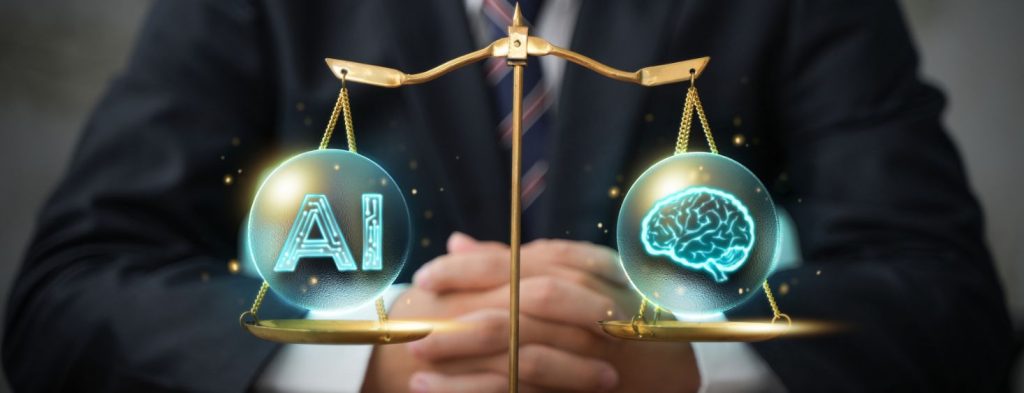
European Union
- AI Act: New regulations emphasize transparency, safety, and human oversight.
- Personhood debate: Some legal scholars discuss “electronic personhood” for advanced AI, but no official status yet.
- AI and GDPR: Strict data privacy laws apply to AI systems handling personal data.
South America
- Brazil: AI is treated as a tool, but policymakers are monitoring global trends.
- Chile & Argentina: Interest in ethical AI, but no movement toward AI personhood.
- Regional focus: More attention on protecting citizens’ rights and data from AI misuse.
Asia
- Japan: Advanced robotics culture, but AI is not a legal person.
- China: AI development is rapid, with strong government oversight and focus on national interests.
- India: Early discussions on AI ethics, with priority on human rights and accountability.
Legal and Ethical Frameworks: Key Questions for Policymakers
Should AI Have Legal Rights? Legal and Ethical Dilemmas
Who Is Responsible When AI Causes Harm?
- Traditional approach: Human creators, owners, or users are liable.
- AI personhood proposal: AI could be held directly liable, but this raises enforcement and punishment questions.
What Rights Would AI Actually Need?
- Possible rights: Entering contracts, holding assets, being party to lawsuits.
- What AI does not need: Bodily autonomy, freedom of speech, or privacy in the human sense.
Can AI Have Duties or Be Punished?
- Duties: AI could be programmed to obey laws, but lacks intent or understanding.
- Punishment: Unlike humans, AI cannot feel pain or remorse; penalties would likely mean deactivation or restriction.
How Do We Prevent Legal Loopholes?
- Risk: Bad actors could use AI personhood to avoid liability or commit fraud.
- Solution: Laws must ensure that human accountability cannot be bypassed.
Visual: AI Rights Stakeholder Map
| Stakeholder | Interest in AI Rights | Key Concerns |
|---|---|---|
| Tech Companies | Innovation, legal clarity | Liability, compliance, reputation |
| Governments | Regulation, public safety | National security, legal gaps |
| Citizens | Protection from harm, fair use | Privacy, job impact, rights |
| Academics | Ethical consistency, future-proof law | Defining personhood, moral agency |
| AI Developers | Clear rules, innovation | Accountability, risk management |
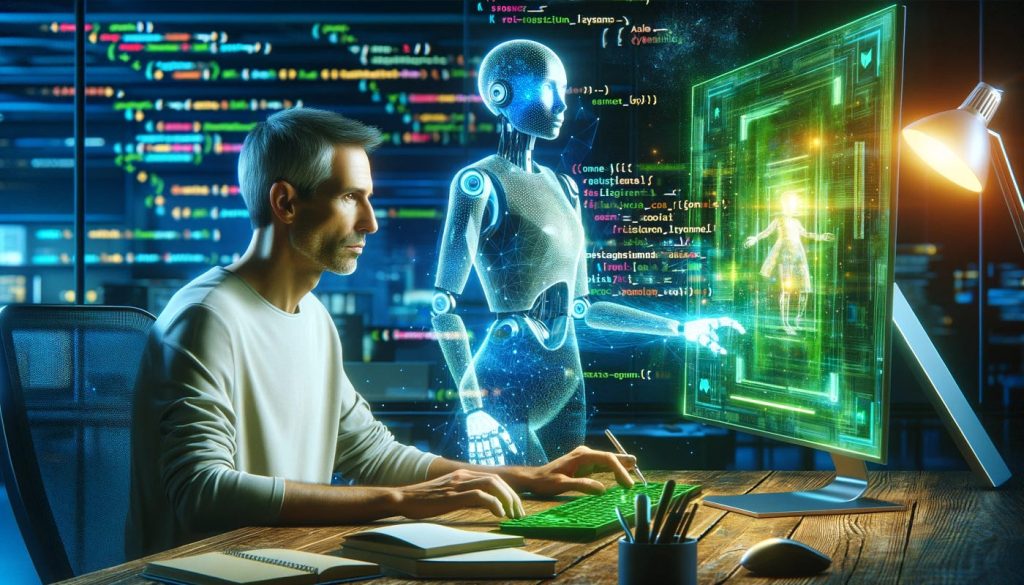
Case Studies: AI and Legal Rights in Action
Case Study 1: Smart Contracts Gone Wrong
An AI-powered smart contract on a blockchain automatically releases payment for goods that are never delivered. Who is responsible—the AI, the programmer, or the user?
Case Study 2: LegalMotion’s AI in Law
LegalMotion used IBM’s Watson to automate legal document drafting, reducing lawyer workload by 80%. If the AI makes a mistake, who is liable—the law firm, the AI provider, or the AI itself?
Case Study 3: Copyright and AI-Generated Art
In the US and Nigeria, courts have ruled that only humans can hold copyright, not AI-generated works. This creates legal ambiguity for ownership and rights in AI-created content.
Case Study 4: AI in Autonomous Vehicles
A self-driving car must choose between two harmful outcomes. If it causes an accident, is the manufacturer, software developer, or the AI system responsible?
Case Study 5: AI Discrimination in Hiring
An AI tool used for hiring is found to be biased against minorities. Should the AI be “punished,” or should responsibility fall on the company using it?
Case Study 6: AI as a Legal “Person” in Contracts
An AI negotiates and signs contracts on behalf of a company. If it agrees to unfavorable terms, can the company claim the AI is at fault?
Case Study 7: AI Companions and Emotional Harm
A user forms an emotional bond with an AI chatbot. If the AI’s responses cause distress, does the user have any legal recourse?
Case Study 8: AI and Data Privacy
An AI system leaks sensitive personal data. Who is responsible for the breach—the AI, its owner, or its developer?
Case Study 9: The “Sophia” Citizenship Controversy
Saudi Arabia granted citizenship to Sophia, a humanoid robot. This symbolic gesture sparked global debate—should a robot have more rights than some humans in the same country?
Case Study 10: The European Parliament’s “Electronic Personhood” Proposal
In 2017, the EU considered a proposal for electronic personhood for advanced AI. The idea faced backlash and was not adopted, but it fueled ongoing debate.
Case Study 11: The AI-Generated Patent
In South Africa, an AI named DABUS was listed as an inventor on a patent. Most countries rejected this, arguing only humans can be inventors.
Case Study 12: The Deepfake Lawsuit
A company sued after an AI-generated deepfake damaged its reputation. The court held the platform and creator responsible, not the AI.
The Business Impact: How AI Rights Could Change Industry
Should AI Have Legal Rights? Implications for Business
Opportunities
- Clearer liability: Companies could assign responsibility to AI systems for certain tasks.
- Innovation boost: Legal clarity may encourage new AI applications in finance, logistics, and healthcare.
Risks
- Complex compliance: New rules could mean more regulation and legal uncertainty.
- Insurance challenges: Who insures an AI “person”? Premiums and risk assessment would change.
- Reputation management: Companies using AI must be transparent about rights and responsibilities.
Visual: AI Rights Decision Tree
- Is the AI acting autonomously?
- If yes, assess risk and potential harm.
- Does the AI make legally binding decisions?
- If yes, clarify who is responsible for outcomes.
- Is there a human in the loop?
- If yes, prioritize human accountability.
- If no, consider safeguards and legal frameworks.
Key Features and Tips for Engaging in the AI Rights Debate
- Stay updated: Laws and standards are changing quickly.
- Engage with experts: Join webinars, panels, and forums on AI ethics and law.
- Support transparency: Advocate for explainable AI and clear audit trails.
- Balance progress and protection: Encourage innovation but demand strong safeguards.
- Educate your team: Businesses should train staff on AI risks, rights, and responsibilities.
Expert Quotes
“AI rights are not about giving machines feelings, but about creating clear rules for a world where AI acts independently.”
— Dr. Laila Gomez, Legal Scholar
“The real question is not whether AI should have rights, but how we protect people from AI’s mistakes.”
— Samuel Okoro, Tech Policy Analyst
Looking Ahead: The Future of AI Rights
Focus on impact: Laws will likely focus on AI’s effects on people and society, not AI’s “feelings” or autonomy.
Incremental change: Expect gradual legal updates, not overnight transformation.
Global variation: Different countries will experiment with different models.
Pros and Cons Table
| Pros of AI Legal Rights | Cons of AI Legal Rights |
|---|---|
| Clarifies liability for AI actions | May undermine human accountability |
| Encourages responsible AI development | Could create legal loopholes |
| Aligns with rights for other non-humans | AI lacks consciousness and empathy |
| Supports innovation and clear standards | Risk of misuse by bad actors |
| Prepares law for future technologies | Diverts focus from human rights |
| May protect users in AI relationships | Legal system may become more complex |
Tips for Navigating the AI Rights Debate
- Stay informed: Follow new laws, court cases, and ethical guidelines on AI.
- Focus on accountability: Ensure clear rules for who is responsible when AI acts.
- Promote transparency: Support explainable AI so decisions can be understood and challenged.
- Balance innovation and ethics: Encourage responsible development without stifling progress.
- Protect human rights: Prioritize the rights of people affected by AI systems.
- Engage in public debate: Join discussions in your community, workplace, or online.
Frequently Asked Questions (FAQ)
1. What does it mean to give AI legal rights?
It means recognizing AI as a legal “person” with some rights and responsibilities, like corporations or animals.
2. Has any AI been granted legal personhood?
No, but the idea is being debated as AI becomes more autonomous.
3. Why compare AI to corporations or animals?
Both are non-human entities with legal standing, showing that rights can be extended beyond people.
4. What rights could AI have?
Possibilities include owning property, entering contracts, or being sued—but not human rights like voting or bodily autonomy.
5. Who is responsible if AI causes harm?
Currently, creators, owners, or users are held liable. Granting rights could clarify or complicate this.
6. Can AI make ethical decisions?
AI can follow programmed rules, but lacks true moral judgment or empathy.
7. Would AI rights threaten human rights?
Some worry it could distract from protecting people or create legal confusion.
8. What about AI and copyright?
Most laws only recognize human authors, so AI-generated works are in a legal grey area.
9. Are there global standards for AI rights?
No. Laws and debates vary widely by country and culture.
10. What’s next for AI and legal rights?
Expect more court cases, new laws, and ongoing debate as AI becomes more capable and integrated into society.
Conclusion
Should AI have legal rights? The debate heats up as technology outpaces law and ethics. Granting AI legal personhood could clarify responsibility, support innovation, and align with how we treat other non-human entities. But it also risks confusion, misuse, and a loss of human accountability. For now, the consensus is to focus on clear rules, transparency, and protecting human rights—while keeping the conversation open as AI evolves


